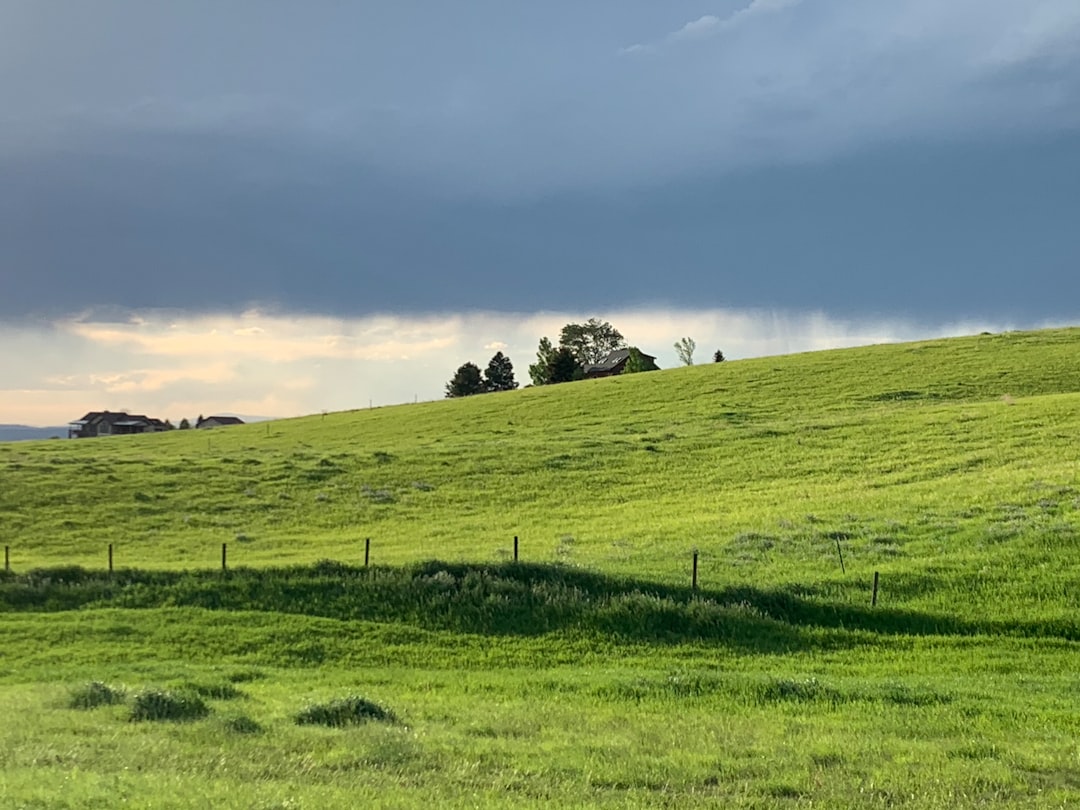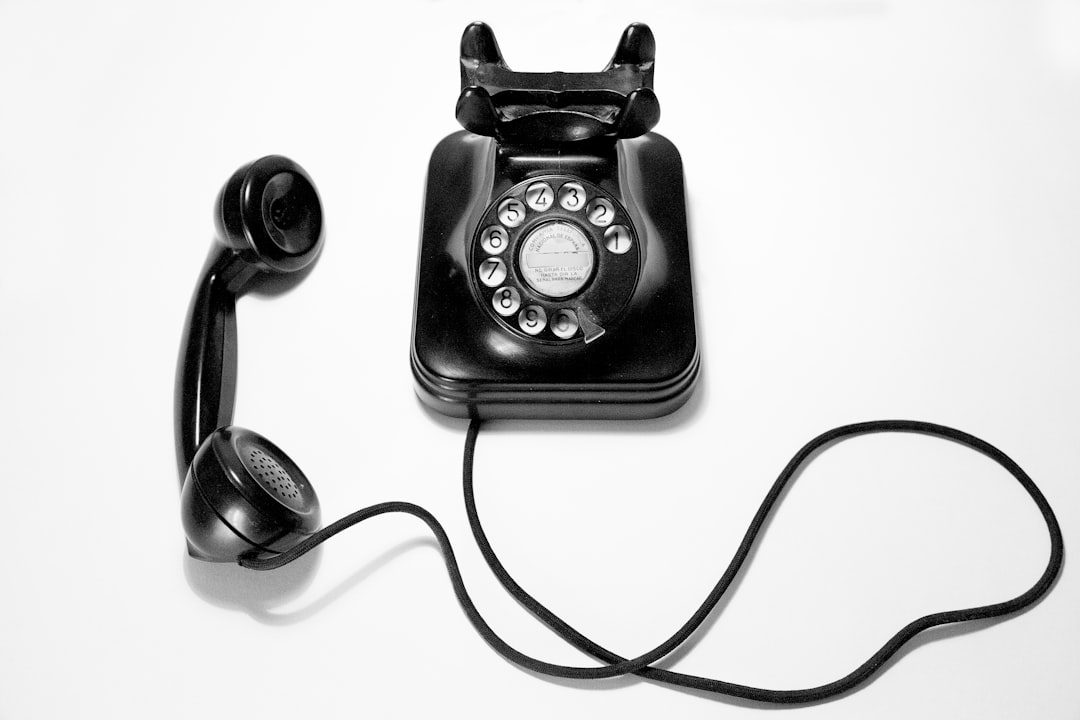Kalispell, Montana residents face growing concern of caller ID spoofing, with scammers impersonating law firms. Despite "Do Not Call" laws, these fraudulent calls target legitimate services. Stay vigilant, verify caller IDs, block suspicious numbers, and report activity to local authorities and the Montana Attorney General's office to combat phone scams in Montana.
In the digital age, Kalispell residents face new communication challenges, including caller ID spoofing—a growing concern across Montana. This practice involves manipulating call information to disguise a caller’s identity, often with malicious intent. Understanding how this works and its legal ramifications is crucial for consumers. This article delves into the intricacies of caller ID spoofing, exploring ways it hides origins, the legal implications for callers and recipients alike, and practical steps to protect yourself from potential phone scams, ensuring Montana’s Do Not Call laws remain effective.
Understanding Caller ID Spoofing in Montana

In Montana, including Kalispell, Caller ID spoofing is a growing concern for consumers. This deceptive practice involves manipulating caller identification to display false information, often with the intent to trick or mislead recipients. Spoofed calls may appear as local numbers, familiar business contacts, or even emergency services when, in reality, they originate from unknown or malicious sources.
Montana’s Do Not Call laws offer some protection against unwanted calls, but spoofing remains a challenge due to its technical nature. While these laws primarily target telemarketers and robocalls, they do not explicitly address caller ID manipulation. As such, Kalispell residents are advised to remain vigilant, especially when receiving unexpected calls that seem legitimate based on manipulated caller IDs. Protecting yourself involves being cautious of unknown numbers, verifying the identity of callers, and considering blocking or reporting suspicious activity to relevant authorities, including local law enforcement and Montana’s Attorney General’s office.
How Spoofed Calls Disguise Their Origin

Spoofed calls are a growing concern for consumers, and Kalispell residents are not immune. These fraudulent calls often disguise their origin to trick recipients into believing they are from legitimate sources. Callers use sophisticated technology to manipulate caller ID displays, making it appear as though the call is coming from a trusted number or even a local area code. This deception allows scammers to gain trust and evade detection by anti-spoofing measures that many reputable organizations employ.
In Montana, where do not call laws are in place to protect residents, spoofing adds an extra layer of complexity. Scammers target law firms and other professional services, masquerading as clients or authorities to trick individuals into revealing personal information or performing actions that compromise security. Recognizing these tactics is crucial for consumers to stay protected and avoid falling victim to such schemes.
Legal Implications for Callers and Recipients

In the realm of communication, caller ID spoofing—the practice of disguising or falsifying the information displayed on a phone’s screen to show an invalid or misleading number—has become a growing concern for Kalispell consumers. While it may seem like harmless fun for some, this activity carries significant legal implications. In Montana, as in many states, there are strict regulations in place to combat illegal spoofing, especially when used for telemarketing or fraud purposes. According to the Do Not Call law firms operating in Montana, any individual or entity found guilty of intentionally misleading recipients through caller ID spoofing can face substantial fines and legal repercussions.
Recipients of spoofed calls have rights, too. They can report suspicious activity to the Federal Trade Commission (FTC) and their state attorney general’s office. The FTC, for instance, has the authority to take action against violators, ensuring that consumers are protected from deceptive practices. By understanding these legal aspects, Kalispell residents can better defend themselves against potential fraudsters and ensure a safer digital environment.
Protecting Yourself from Phone Scams

To protect yourself from phone scams, especially those claiming to be from law firms in Montana, it’s crucial to remain vigilant and take certain precautions. Always verify the identity of the caller by checking their number independently through trusted sources or by directly contacting the organization they claim to represent. Be wary of any unexpected calls demanding immediate action or threatening legal consequences. Legitimate law firms will not pressure you on the phone; they’ll typically send formal notices through mail first.
Never share personal or financial information over the phone unless you’ve initiated the call and are certain of the caller’s legitimacy. If a suspicious call comes in, hang up immediately and report it to your local consumer protection agency. Remember, “Do Not Call” laws exist for a reason, so don’t hesitate to register your number if you want to reduce such unwanted interactions.






